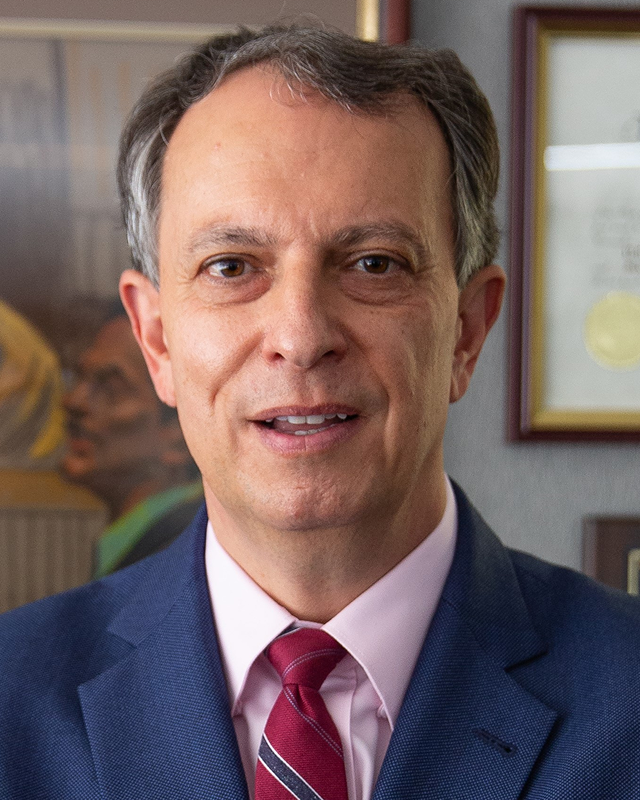The Future Of FCPA Enforcement Under The Trump Administration
By: Marc Stephen Raspanti
In 2015 and 2016, the Securities and Exchange Commission and the Department of Justice racked-up record recoveries under the FCPA in both civil and criminal fines. It was the largest amount collected in history. The SEC and the Department of Justice seemed to forge a well-oiled machine when it came to investigating and prosecuting myriad FCPA violations. Indeed, in 2016 corporate defendants paid a combined $2.48 BILLION to resolve FCPA cases. As a result of all the regulatory activity coming out of Washington, D.C., the compliance industry beefed up at every level its FCPA compliance efforts. The question that looms is: How will FCPA matters fare under Attorney General Jeff Sessions and SEC Chair Jay Clayton?
There has never been an executive branch that could boast more per capita net worth or experience in the global marketplace among its members than the one currently assembled. President Trump and many of his cabinet members have business interests in China, Japan, Russia, Malaysia, India, Korea, and elsewhere that are yet to be completely understood. The full extent of this involvement will perhaps never be known due to the positions that have been taken with regard to disclosures. The question becomes whether FCPA prosecutions will wane. And, if they do, will that dropping number become rather apparent, rather quickly, based on the amount of activity that has occurred in the preceding years under the Obama administration? The SEC whistleblower program, which is still currently intact, drives tremendous amounts of tips and cases into the mix. According to public statements, the SEC received over 4,200 tips in fiscal year 2016 alone. This has clearly changed the prosecutorial landscape.
In a panel appearance in New York City on April 19, 2017 entitled “Annual SEC/DOJ Enforcement 2017 Update,” the public gained insight into the government’s own thoughts on this issue. Telemachus “Tim” Kasulis, Co-Chief of the Securities and Commodities Task Force of the U.S. Attorney’s Office for the Southern District of New York signaled no slowdown in white collar investigations and prosecutions under the new administration – at least in his office. Mr. Kasulis has clearly heard the same theories we all have about President Trump focusing more on violent crime than holding corporate America accountable for economic crimes. Mr. Kasulis said that violent crime and terrorism have been, and will continue to be priorities, but that has been true for many years. The federal government can prosecute violent crime and economic crime simultaneously. How the rest of the U.S. Attorneys’ offices will prioritize their time is still unknown, since not a single U.S. Attorney has been appointed by President Trump.
The SEC shows no signs of slowing down, either. At the very same conference on April 19th, Acting Director of Enforcement for the SEC, Stephanie Avakian, noted that 2016 was a record year for the SEC, with 868 actions filed and $4 billion recovered in disgorgement. The SEC is relying more on technology and analytics to bring enforcement actions. Fellow panelist Gary Giampetruzzi of Paul Hastings, LLP opined that FCPA enforcement will continue at a robust pace because there is a backlog of approximately 80 FCPA cases that have already been made public, and there could be more than 100 more already in the pipeline. He also drew an analogy between the Foreign Corrupt Practices Act and the False Claims Act (“FCA”). The FCA, in its revised form, has survived at least four changes in administrations – from Republican to Democrat, and back again. Although many see the FCA as unfriendly to large corporations, enforcement of anti-fraud statutes is one of very few issues with bi-partisan support. If the FCA has thrived, so too will the FCPA.
In our global economy, with an international businessman at the helm of the Executive Branch, the world is waiting to see how – or if – President Trump will depart from President Obama’s playbook on the FCPA. Perhaps the answer is that the FCPA will thrive as an enforcement tool not because of President Trump, but because of the momentum it gained in prior administrations. Only time will tell.

